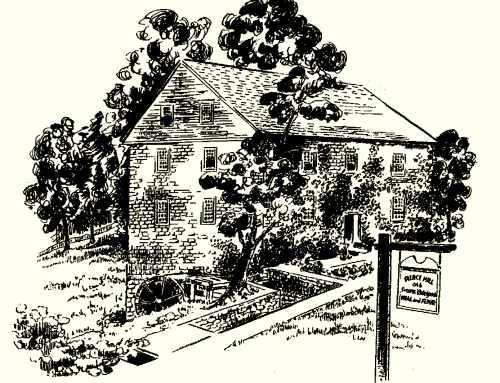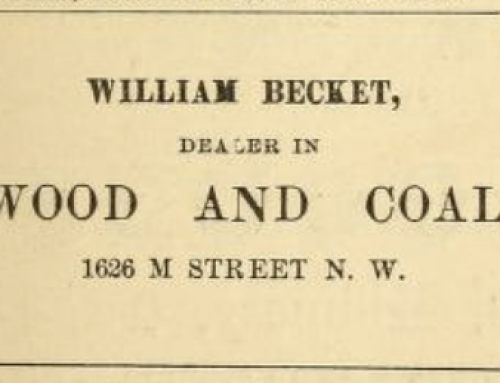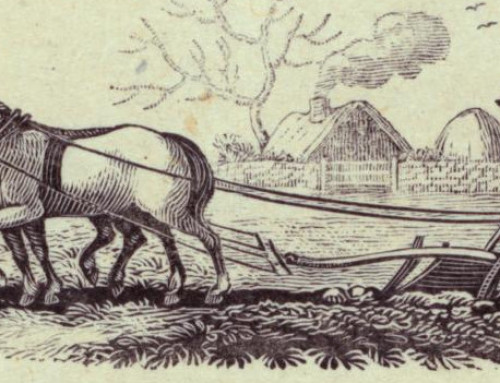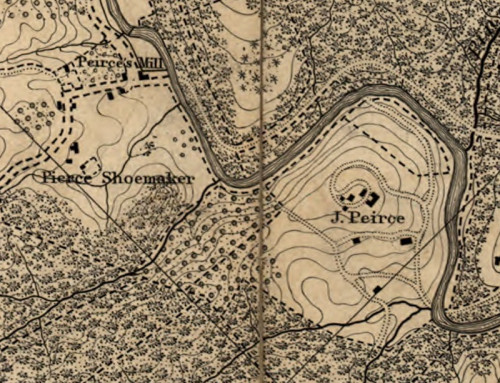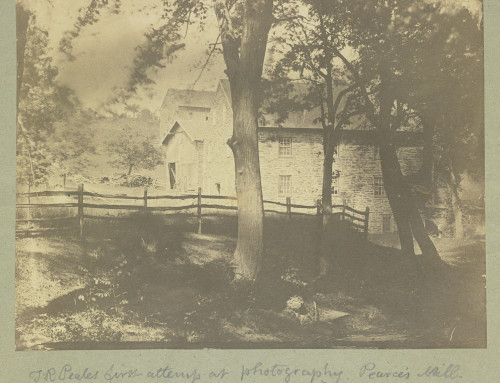Announcing the William Beckett Project
The Friends of Peirce Mill recently initiated the William Beckett Project to learn more about the remarkable life of a man who was once the enslaved manager of Joshua Peirce’s nursery business on Linnaean Hill, now Rock Creek Park headquarters. The project began with the discovery of a profile published in The Colored American Magazine in 1902, when Beckett was a 70-year-old doorkeeper at the Library of Congress and a prominent member of DC’s African American community.
Along with the profile, the magazine published a photograph of Beckett, sporting a bowler hat and fashionably bushy “Dundreary” whiskers. The profile describes Beckett presiding over the library’s reading room “with ease, kindness, and a polish which comes only from contact with distinguished men.”
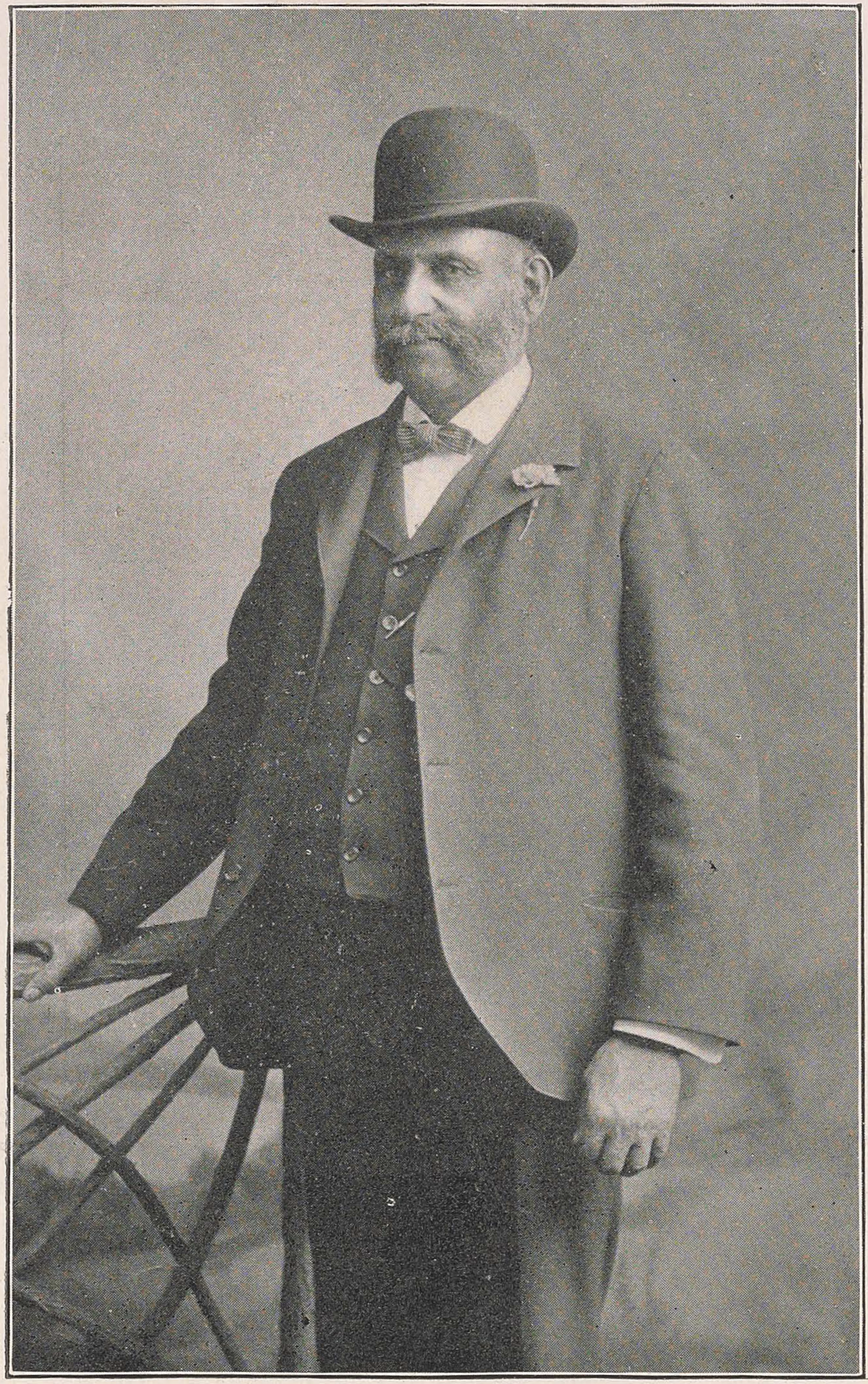
The Colored American Magazine published this photograph of William Beckett in 1902.
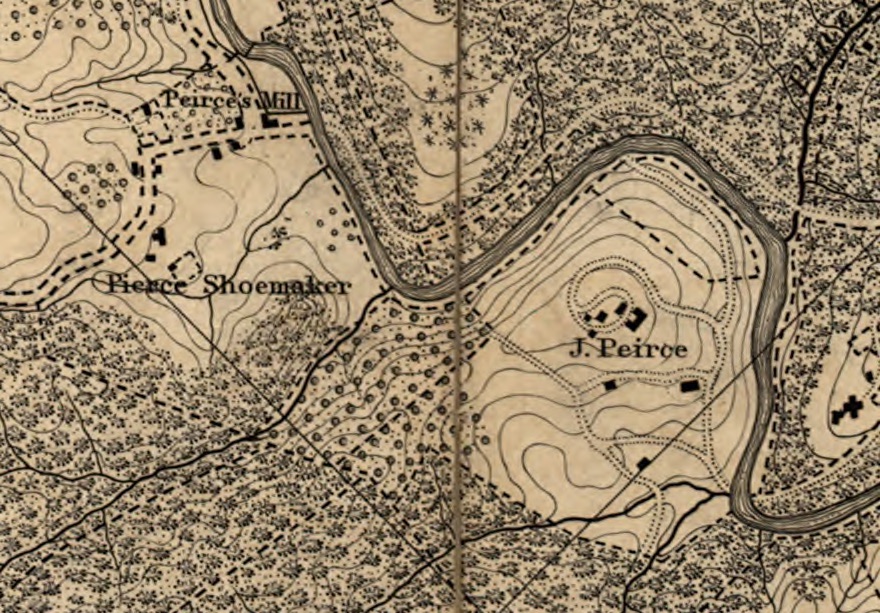
Detail from the 1861 Boschke map of Washington showing Peirce Mill on the upper left and Joshua Peirce’s Linnaean Hill on the right.
Beckett’s life began just a few miles north of the Library of Congress in the rural outskirts of the nation’s capital. He was born around 1830 on Linnaean Hill, the sprawling country estate where Joshua Peirce sold fruit trees and ornamental shrubs to landscape a growing city. Peirce built this profitable business using the labor of enslaved people, including William Beckett.
The 1902 profile explains how Beckett’s mother, Mary, came to be enslaved at Linnaean Hill at the age of 14. The profile also contains new information about William Beckett’s parentage, stating that Mary Beckett “at the time of his birth was owned by Joshua Peirce (Beckett’s father), a florist living in the District.”
Given this new evidence that William Beckett was Joshua Peirce’s son, the Beckett Project will re-examine their complex relationship before and after April 16, 1862, when President Lincoln signed the District of Columbia Compensated Emancipation Act ending slavery in Washington. Immediately after Emancipation, Beckett worked for Secretary of State William Seward, but eventually returned to Linnaean Hill to manage the nursery. Peirce was eager to bring Beckett back, declaring it was “impossible to carry on his business without him.”
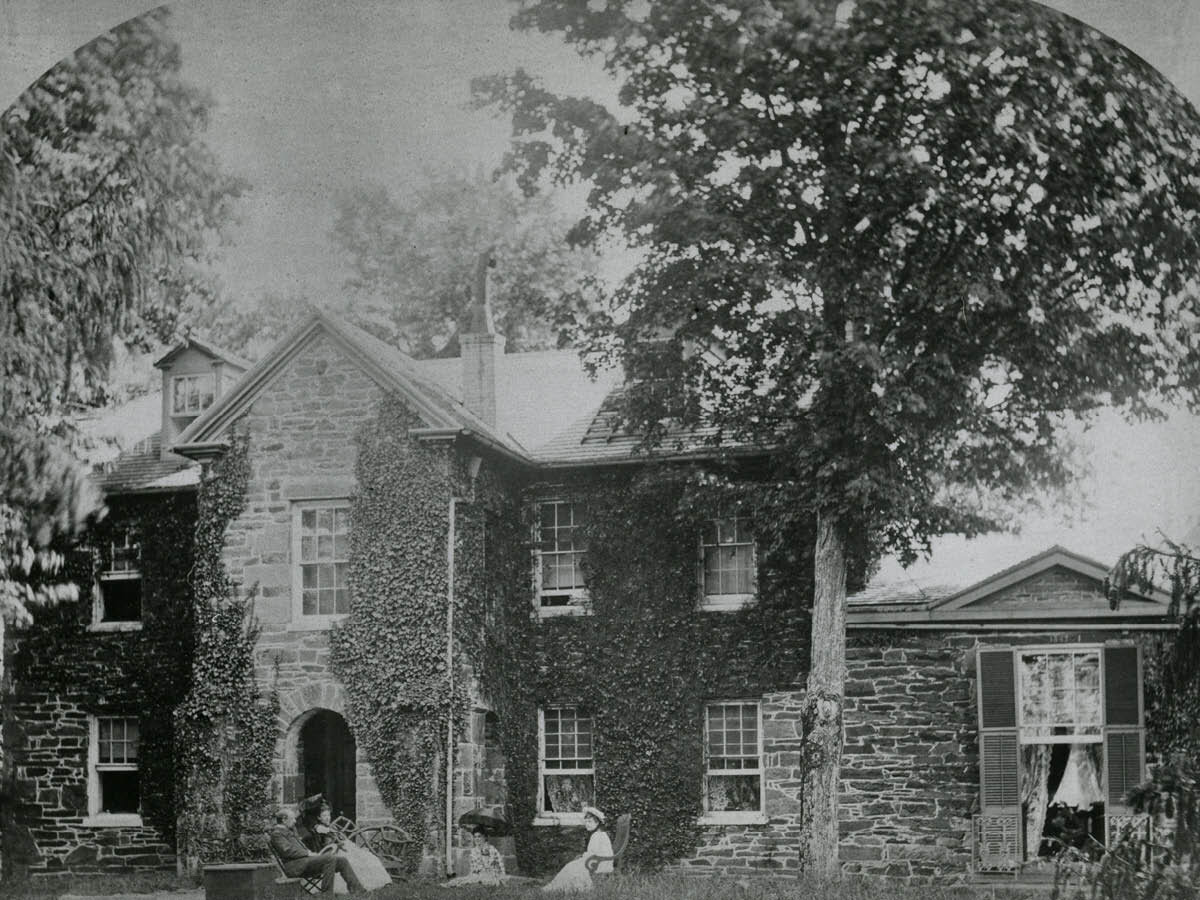
Photographed in 1875, Joshua Peirce’s Linnaean Hill is now known as Klingle Mansion. Today, the stone building serves as Rock Creek Park headquarters.
The Colored American Magazine profile also describes how Beckett cared for Peirce in his final illness, until his death in 1869. But Beckett did not inherit Linnaean Hill. Because Peirce did not have any children with his wife, the property went to a nephew, Joshua Peirce Klingle. Beckett did receive $3000 from the estate, which he seems to have used to purchase a wood and coal yard near 17th and M Streets NW.
Beckett lost the business in the financial and political turmoil that roiled Washington in the years following the Civil War. He soon resumed his career driving carriages for senators and cabinet members, and eventually became a coachman to President Grover Cleveland. Beckett stayed through the transition to the McKinley Administration, until ill health forced him to retire from carriage driving. President McKinley himself recommended Beckett for his post at the Library of Congress. Beckett remained a doorkeeper at the library until the end of his life.
When Beckett died in 1911, more than 2,000 people attended his funeral, crowding into the Metropolitan African Methodist Episcopal Church on a rainy winter Sunday. An obituary in the Washington Bee praised Beckett as “(h)aving all his life taken a deep interest in everything which tends to the uplift of his people around and in the District of Columbia.”
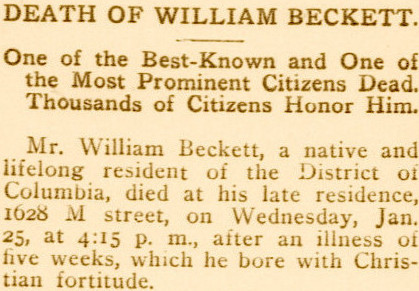
The Washington Bee published William Beckett’s obituary on February 11, 1911.
The Friends of Peirce Mill are grateful for HumanitiesDC’s support of the William Beckett Project, and look forward to sharing the results of the project next spring. We’re working with historian Antonio Austin, a PhD candidate at Howard University, to research Beckett’s life. And we’re working with our partners in the National Park Service to plan a public event in Rock Creek Park in April 2024, in commemoration of DC Emancipation Day. Please stay tuned for more information!
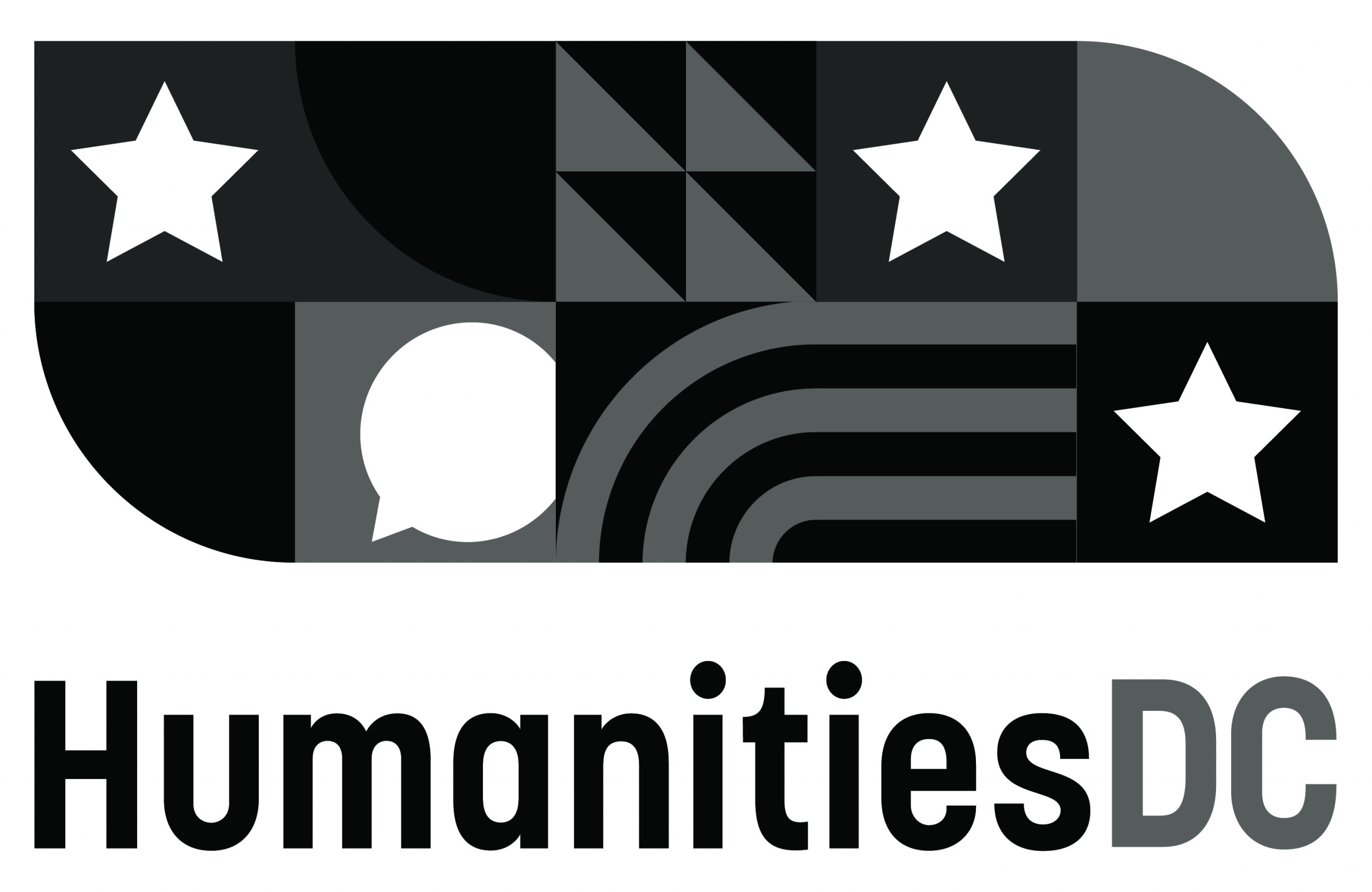
The William Beckett Project has been funded by a grant from HumanitiesDC.

